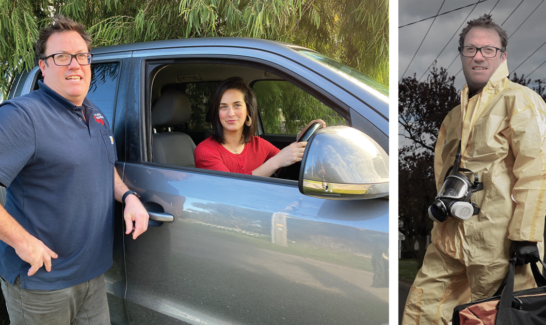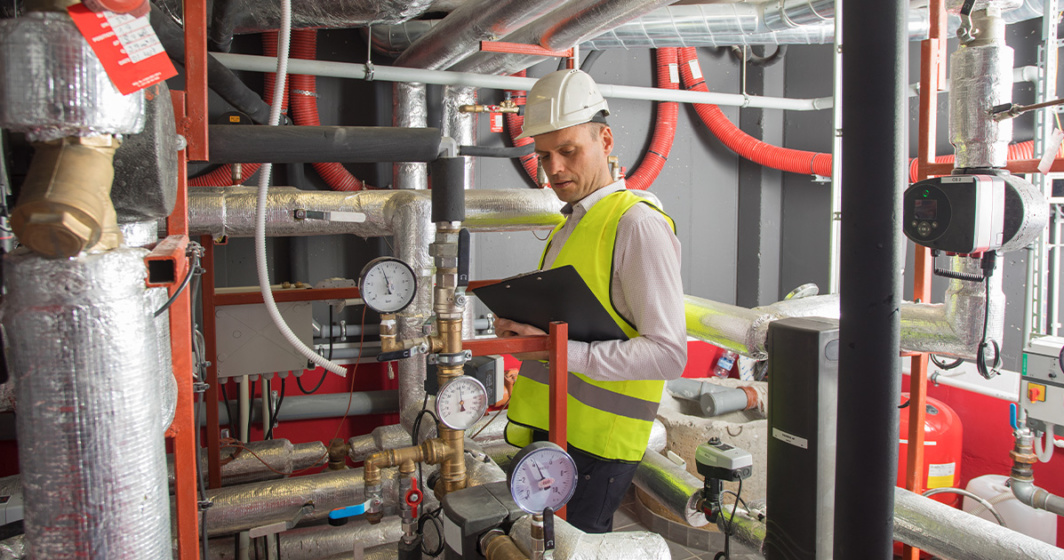Here’s how to recommission plumbing systems in a building that has been vacant for a prolonged period:
Ventilation
Owner, occupiers and building managers should seek independent advice regarding ventilation requirements and minimum recommended regular air changes specific to their building design and use. This advice should be sought from a qualified Mechanical Services Engineer.
Water supply
Flush all cold-water pipework first and then the hot water pipework. Individually flush, with clean water, all appliances connected to the water service - coffee machines, ice machines, washing machines, dishwashers, etc. If possible, remove aerators, shower hoses and point-of-use water filters.
Flush each cold-water outlet for one minute (start with any outside taps and/or water points that are closest to where the water supply enters the building). In the case of multiple, closely located taps, like in toilet blocks, flush the first tap for one minute and all others for 30 seconds.
If your building’s water supply is stored in a tank, (excluding a domestic rainwater tank) consult your plumber as it may require chemical dosing of that supply.
Any testable backflow device should be tested annually by a licensed plumber.
Precautions should be considered to avoid generating aerosols when flushing water services and appropriate personal protective equipment used. Replace aerators, and point-of-use water filters that were removed after flushing.
Hot-water supply
Flush each hot water outlet for a minimum of 30 seconds. Any thermostatic mixing valve should be tested annually by a licenced plumber to ensure safe operation. Precautions should also be considered to avoid generating aerosols when flushing heated water services. Personal protective equipment must be used.
Taps in locations such as kitchen sinks and laundry troughs may not be tempered, and care should be taken to avoid scalding when flushing these taps.
Sanitary-drainage system
Flush each toilet and run water through all sinks, troughs, showers, basins, floor-wastes etc. This will ensure that all fixture traps have a water seal which may have evaporated over the period of non-use. The water seal will prevent smell from the sewer entering the building. Any lingering smell after this action should be reported to your licenced plumber.
Gas appliances
You may be required to re-start gas appliances such as storage hotwater services and heating systems. All gas appliances should be serviced by an individual qualified to carry out the work (every two-years minimum). Heating and cooling systems should be operated prior to occupation.
Refrigerated air-conditioning systems
Small ducted or console systems should be regularly serviced and cleaned by a qualified person. For larger systems, consult your licensed refrigeration mechanic or mechanical services plumber. Please note, some larger systems will need to have cooling towers checked for cleanliness and chemically dosed as necessary. Check any evaporative cooling systems with your licenced plumber and have these cleaned and serviced before the summer period.
Every building is different and additional work may be necessary to ensure buildings are safely recommissioned before occupancy. Building managers should contact their maintenance providers to ensure buildings are safely recommissioned before occupancy where necessary.

